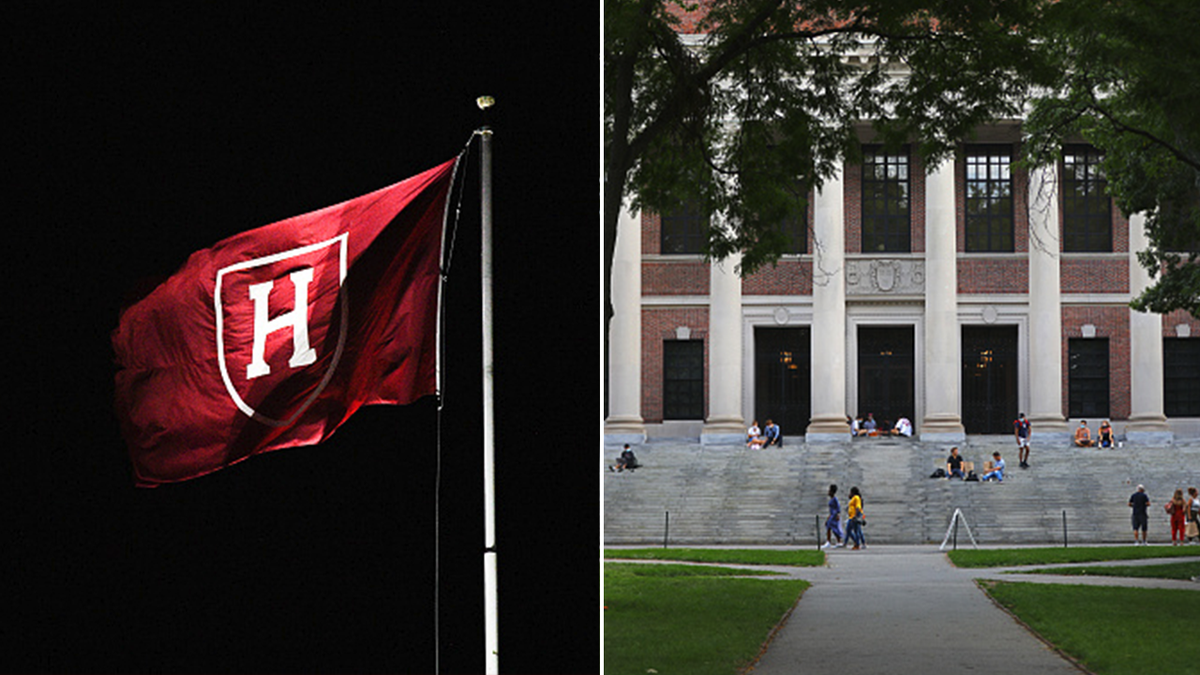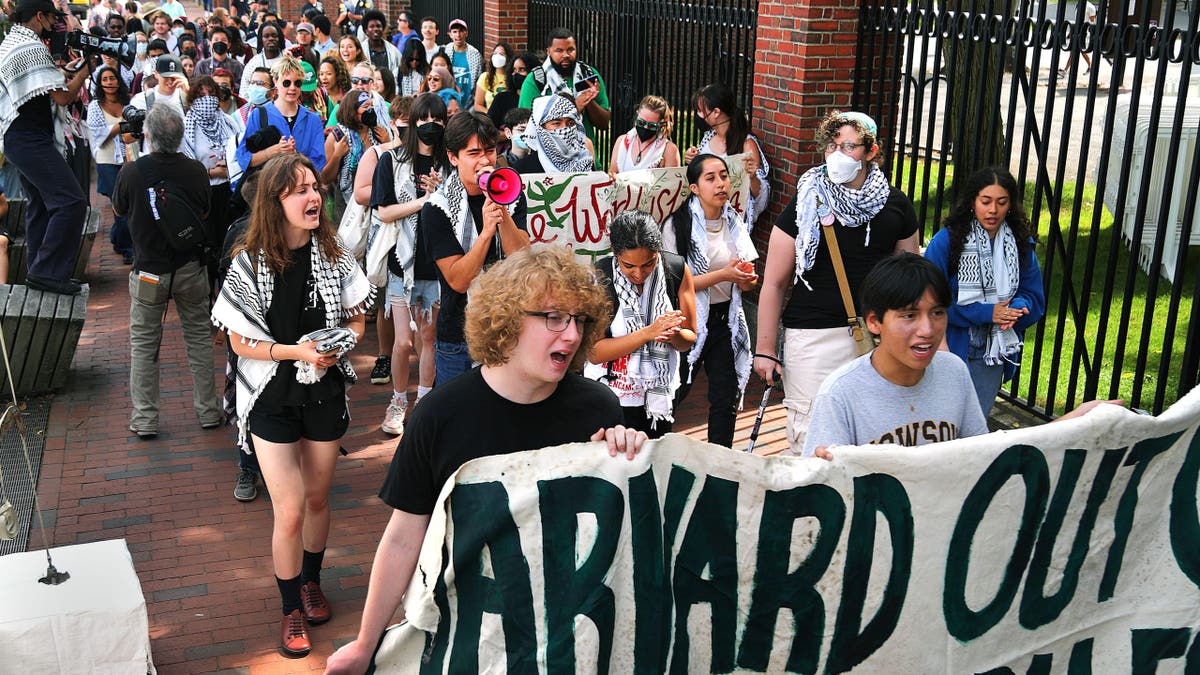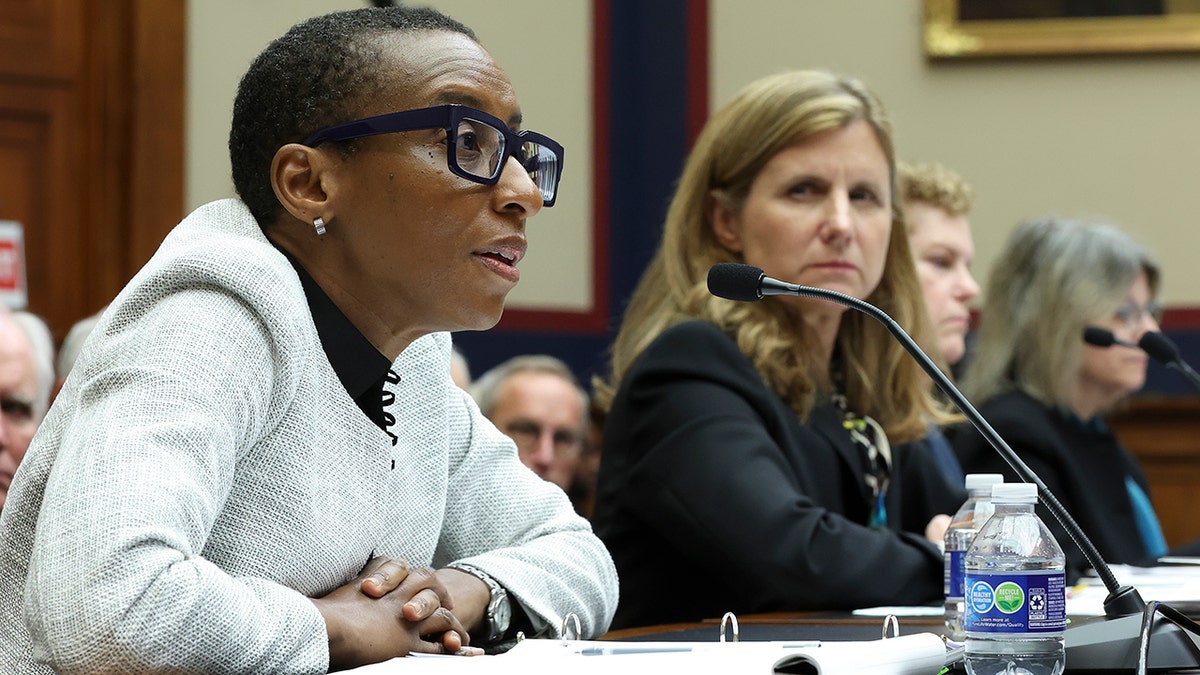A recent survey conducted at Harvard University has unveiled a concerning trend: a significant portion of the graduating class of 2024 expressed discomfort sharing their opinions on controversial subjects in the classroom. The Harvard Crimson reported on these findings, sourced from the university's senior survey administered in May of the previous year. This represents a notable 13% decline compared to the Class of 2023.

While the complete survey results remain private, excerpts were incorporated into a report by the Classroom Social Compact Committee, established by Dean Hopi E. Hoekstra of the Faculty of Arts and Sciences. The committee, co-chaired by Economics professor David I. Laibson and History professor Maya R. Jasanoff, noted a discrepancy between the widespread theoretical support for free speech and practical implementation on campus.
This annual survey, conducted by Harvard's Office of Institutional Research and Analytics, provides insights into the campus climate. In the previous semester, Dean Rakesh Khurana spearheaded the College Intellectual Vitality Initiative, a program designed to encourage open discourse and debate, though not explicitly in response to any specific campus controversies.

Harvard, like many other universities, has experienced campus protests related to various issues, including the conflict in Gaza. Former President Claudine Gay's congressional testimony on campus antisemitism generated significant controversy, ultimately leading to her resignation in January 2024. Harvard alumnus Jonathan Haronouff observed that Jewish and Israeli students, in particular, often feel apprehensive about expressing their views, sometimes facing intimidation from peers and faculty.

Beyond the free speech concerns, Harvard has navigated other challenges, including accusations of plagiarism against former President Gay and the discontinuation of diversity, equity, and inclusion statements for tenure-track positions, drawing criticism from faculty and donors.
Comments(0)
Top Comments